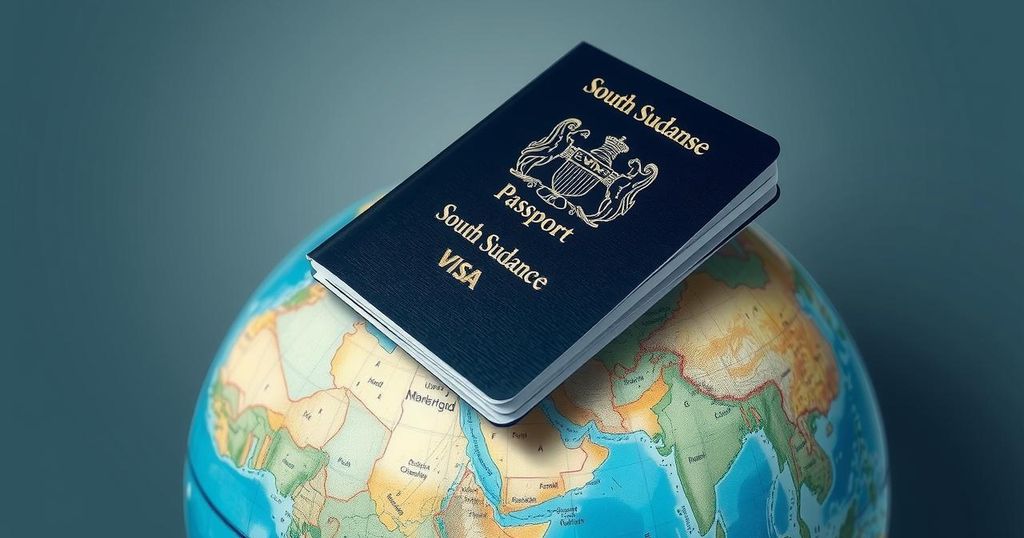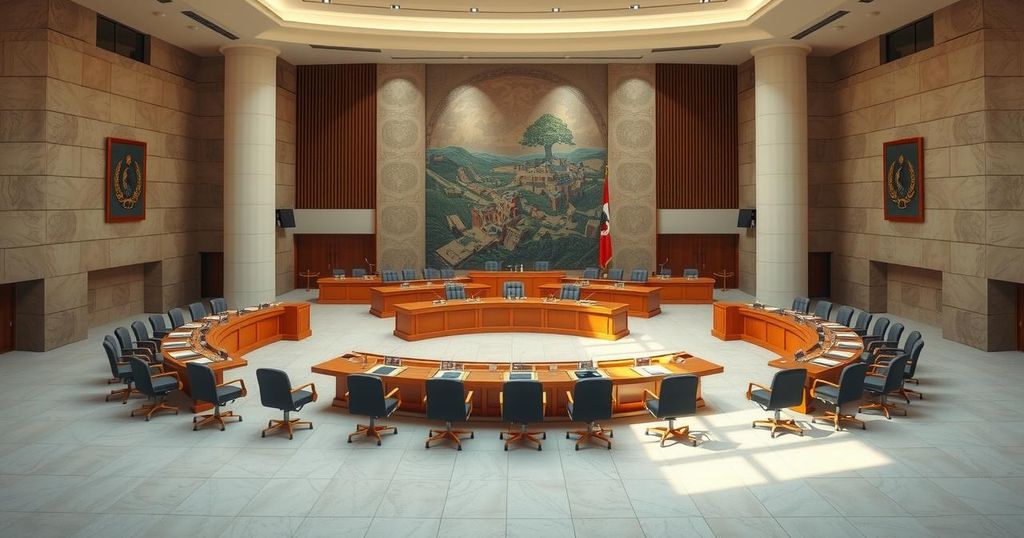The DRC government and M23 rebels will commence peace negotiations in Angola on March 18, following an invitation from Angolan President Joao Lourenco. The conflict, which has escalated significantly in recent months, has caused over 7,000 deaths and displaced nearly 80,000 people. Although Rwanda denies backing M23, the struggle for control of DRC’s wealth remains at the center of this conflict, with concerns of regional war looming.
The Democratic Republic of the Congo (DRC) government and the Rwanda-backed M23 rebels are scheduled to engage in direct peace negotiations next week, announced by their mediator, Angola. According to a statement from President Joao Lourenco’s office, these discussions will commence in Luanda on March 18. The invitation for negotiations follows recent escalations in conflict between the two parties, particularly in eastern DRC.
Angola has a history of mediating in the eastern DRC conflict, which intensified in late January when M23 captured the strategic city of Goma, followed by Bukavu, the region’s second-largest city. Rwanda, while accused of backing M23, denies these allegations, asserting that the conflict is tied to the legacies of Rwanda’s 1994 genocide and ongoing struggles for control over DRC’s abundant mineral resources.
Felix Tshisekedi, President of the DRC, met with Angolan officials to discuss the possibility of talks, as confirmed by his spokesperson Tina Salama. She noted that although Angola extended an invitation, the DRC has not yet publicly confirmed its participation in the negotiations. M23’s leader, Bertrand Bisimwa, indicated they are compelled to negotiate due to the prolonged crisis.
The ongoing conflict has led to significant humanitarian distress, with reports indicating at least 7,000 fatalities since January. Additionally, nearly 80,000 individuals have fled the conflict, with 61,000 crossing into neighboring Burundi, as reported by the United Nations refugee agency.
M23 is among approximately 100 armed groups vying for control over strategic resources in eastern Congo, including coltan, cobalt, copper, and lithium. The presence of troops from neighboring countries such as South Africa, Burundi, and Uganda raises concerns about a potential regional war similar to the devastating Congo wars of the late 20th century.
The DRC government and M23 rebels are set to engage in peace negotiations mediated by Angola amidst escalating conflict and significant humanitarian consequences. The outcome of these talks could potentially redirect the course of the ongoing crisis, which has claimed thousands of lives and displaced many more. Given the historical context and resource-driven motivations behind the conflict, the involvement of regional players poses additional complexities. These negotiations may pave the way for efforts to stabilize the region and address the underlying issues contributing to decades of unrest.
Original Source: www.aljazeera.com




